
Discover the Charm of Jounieh: Lebanon's Coastal Gem
Nestled along the stunning Mediterranean coastline, Jounieh is a city that effortlessly blends natural beauty with vibrant culture. Known for its picturesque bay and sweeping views, this charming destination offers a mix of relaxation and adventure. Whether you're drawn to its historical sites, lively nightlife, or serene beaches, Jounieh has something for every traveler. Start your journey with a trip to the Harissa Hill, where the iconic Our Lady of Lebanon statue stands tall. Accessible by a thrilling cable car ride, this site offers panoramic views of the city and sea below. For history enthusiasts, the old souks of Jounieh provide a glimpse into the past with their narrow alleys and traditional shops. Jounieh's waterfront is a hub of activity, featuring a range of restaurants, cafes, and bars. Stroll along the marina and indulge in fresh seafood while enjoying the sunset. By night, the city comes alive with its bustling nightlife, offering a variety of clubs and entertainment venues to suit all tastes. For those looking to relax, Jounieh's sandy beaches are the perfect escape. Spend your days lounging by the sea or take part in water sports like jet skiing and parasailing. The nearby Jeita Grotto, a series of limestone caves, is another must-visit, showcasing stunning natural formations that will leave you in awe.
Local tips in Jounieh
- Visit Harissa Hill early in the morning to avoid crowds and get the best views.
- Explore the old souks for unique souvenirs and a taste of local culture.
- Try the local seafood at waterfront restaurants for a true taste of Jounieh.
- Dress modestly when visiting religious sites like Our Lady of Lebanon.
- Check the schedule for festivals and events, as Jounieh hosts many throughout the year.
Discover the Charm of Jounieh: Lebanon's Coastal Gem
Nestled along the stunning Mediterranean coastline, Jounieh is a city that effortlessly blends natural beauty with vibrant culture. Known for its picturesque bay and sweeping views, this charming destination offers a mix of relaxation and adventure. Whether you're drawn to its historical sites, lively nightlife, or serene beaches, Jounieh has something for every traveler. Start your journey with a trip to the Harissa Hill, where the iconic Our Lady of Lebanon statue stands tall. Accessible by a thrilling cable car ride, this site offers panoramic views of the city and sea below. For history enthusiasts, the old souks of Jounieh provide a glimpse into the past with their narrow alleys and traditional shops. Jounieh's waterfront is a hub of activity, featuring a range of restaurants, cafes, and bars. Stroll along the marina and indulge in fresh seafood while enjoying the sunset. By night, the city comes alive with its bustling nightlife, offering a variety of clubs and entertainment venues to suit all tastes. For those looking to relax, Jounieh's sandy beaches are the perfect escape. Spend your days lounging by the sea or take part in water sports like jet skiing and parasailing. The nearby Jeita Grotto, a series of limestone caves, is another must-visit, showcasing stunning natural formations that will leave you in awe.
When is the best time to go to Jounieh?
Iconic landmarks you can’t miss
Zaitunay Bay
Explore Zaitunay Bay: Beirut's picturesque promenade, blending stunning views with delightful dining and vibrant local culture.
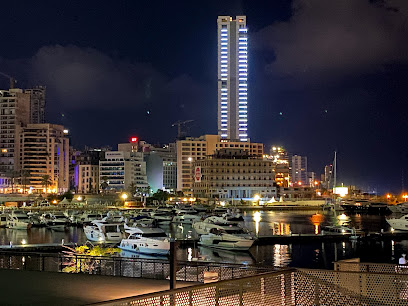
Al Raouche Rocks
Discover the iconic Al Raouche Rocks in Beirut, a stunning natural landmark and a symbol of Lebanese heritage, perfect for unforgettable views and experiences.
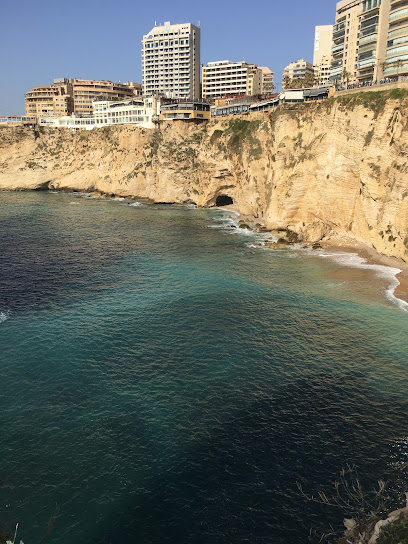
Jeita Grotto
Immerse yourself in the breathtaking beauty of Jeita Grotto, a natural wonder showcasing stunning limestone caves and rich cultural heritage in Lebanon.
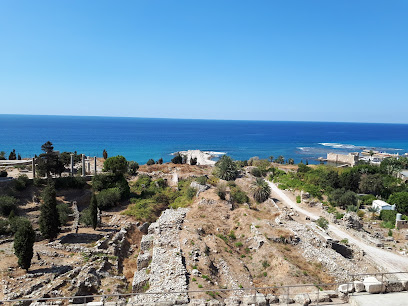
Our Lady of Lebanon بازيليك سيدة لبنان
Explore the spiritual and scenic beauty of Our Lady of Lebanon in Harissa, a must-visit landmark with breathtaking views and rich cultural significance.
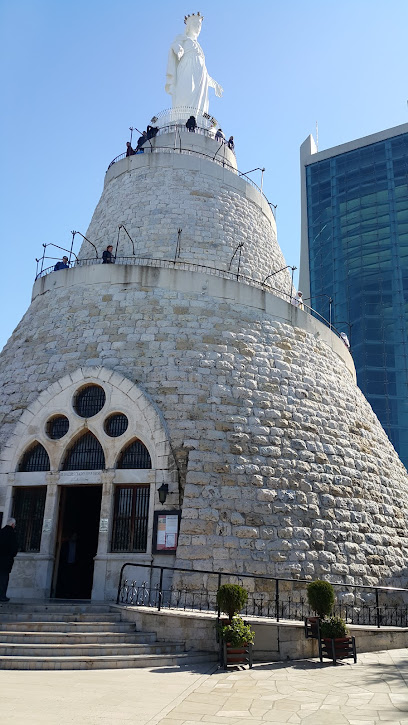
Teleferique du Liban
Soar above the Lebanese coast and experience breathtaking views at Teleferique du Liban, a must-visit mountain cable car attraction.
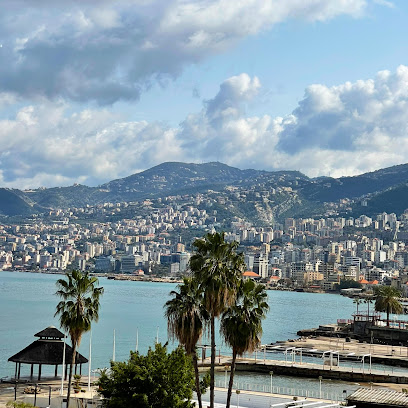
Byblos Citadel
Discover the enchanting Byblos Citadel, a historic fortress blending rich heritage and stunning Mediterranean views.
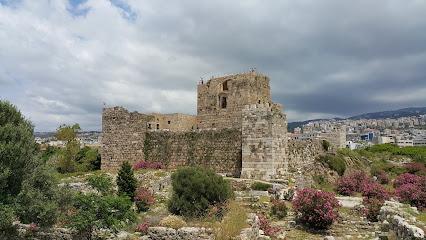
Amar Harissa - قمر
Discover the authentic taste of Lebanese cuisine at Amar Harissa, where every meal is a celebration of flavor and tradition along the breathtaking Harissa Highway.
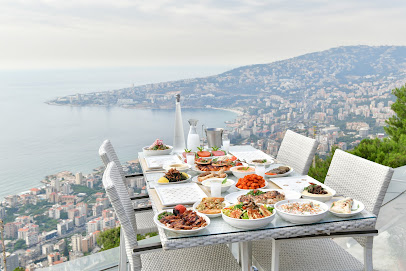
Téléferique Harissa
Discover the stunning views and cultural heritage of Lebanon at Téléférique Harissa, where adventure meets breathtaking scenery.
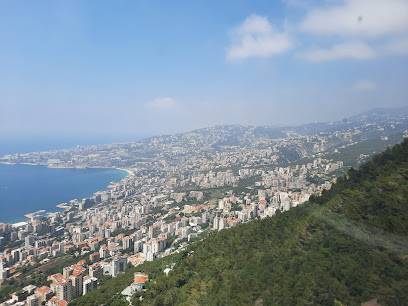
Al Sultan Brahim
Experience the finest Lebanese seafood at Al Sultan Brahim, where stunning views meet exquisite flavors along Jounieh Bay.
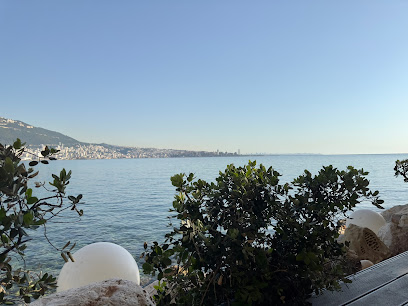
Animal City
Explore Animal City, a premier animal park in Zekrit, Lebanon, where wildlife encounters and family fun await in a beautiful natural setting.
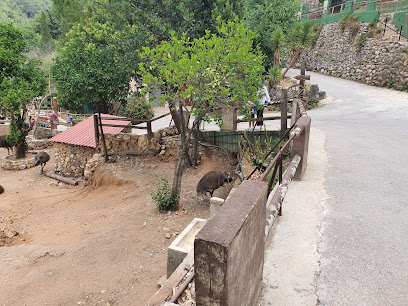
Fouad Chehab Stadium
Discover the vibrant atmosphere of Fouad Chehab Stadium, a historic hub of sports and culture along the Jbeil - Jounieh Highway in Lebanon.
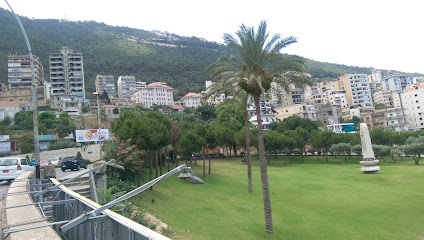
Roadster Diner
Discover the vibrant culinary experience at Roadster Diner in Jounieh, where local flavors meet international favorites.
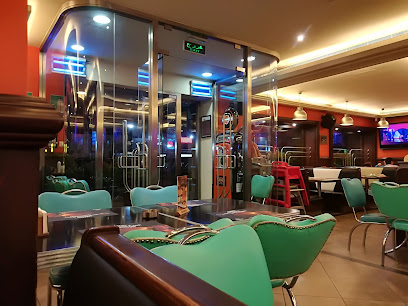
Afqa Waterfall
Explore the stunning Afqa Waterfall, a natural marvel in Lebanon, offering breathtaking views, serene hikes, and a unique escape into nature's beauty.
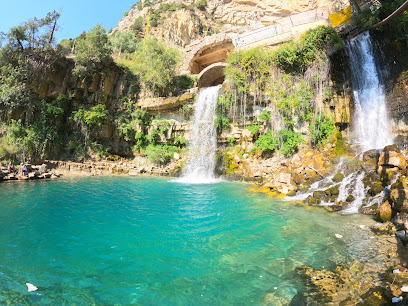
Manarat Al Khalij - Restaurant
Savor the authentic flavors of Lebanon at Manarat Al Khalij Restaurant in Maameltein, where culinary tradition meets warm hospitality.
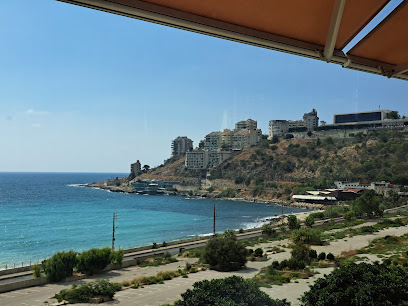
Chez Zakhia
Discover authentic Lebanese flavors and seafood delights at Chez Zakhia in the historic Old Souk of Jounieh.
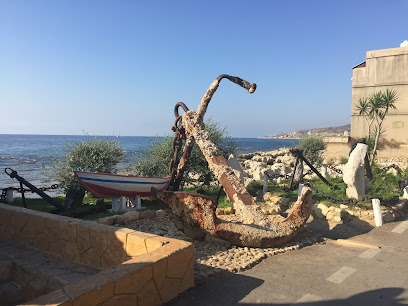
Unmissable attractions to see
Zaituna Bay
Experience Beirut's vibrant waterfront at Zaitunay Bay: dining, leisure, and stunning Mediterranean views await!
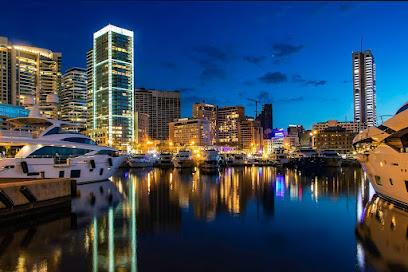
Al Raouche Rocks
Discover Beirut's iconic Al Raouche Rocks: a breathtaking natural landmark offering stunning views, rich history, and vibrant local culture.
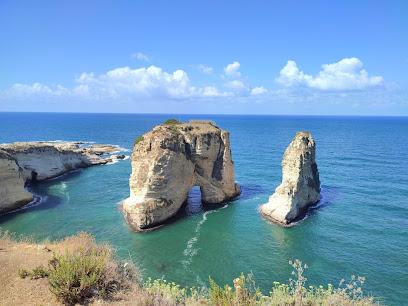
Jeita Grotto
Discover Lebanon's natural wonder: Explore the breathtaking Jeita Grotto, a stunning cave system with magnificent stalactites, stalagmites, and an underground river.
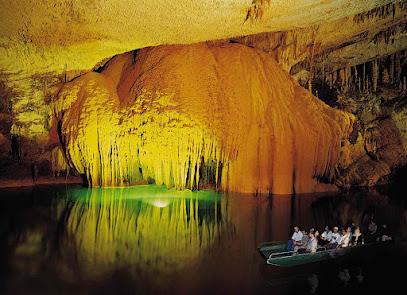
Our Lady of Lebanon بازيليك سيدة لبنان
A major Marian shrine in Lebanon, offering stunning views and a place for reflection and pilgrimage for people of all faiths.
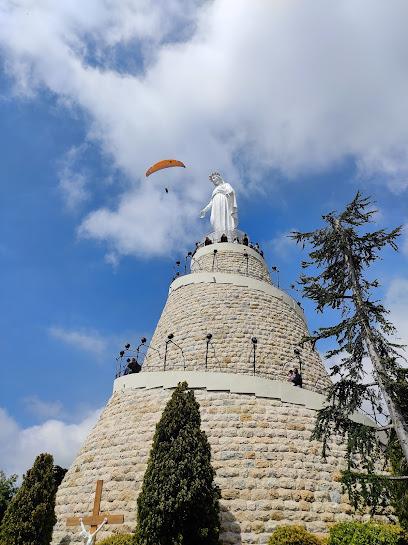
Cedars of God Bsharri
Explore the ancient Cedars of God in Bsharri, Lebanon, a UNESCO World Heritage Site and symbol of the country's enduring heritage.
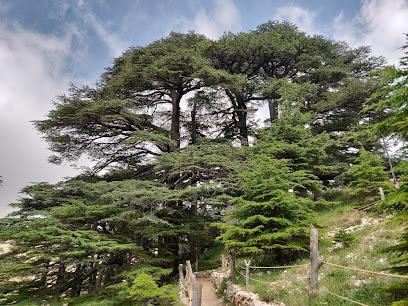
Teleferique du Liban
Experience breathtaking views of Lebanon with a scenic cable car ride from Jounieh to the iconic Shrine of Our Lady of Lebanon in Harissa.
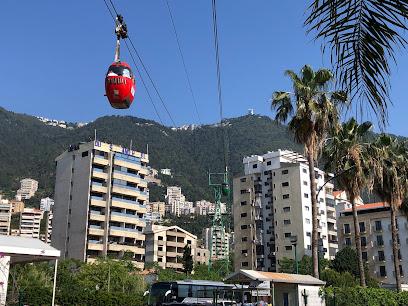
Byblos Citadel
Explore the Byblos Citadel, a historic Lebanese castle with Crusader, Roman, and Phoenician ruins, offering stunning Mediterranean views.
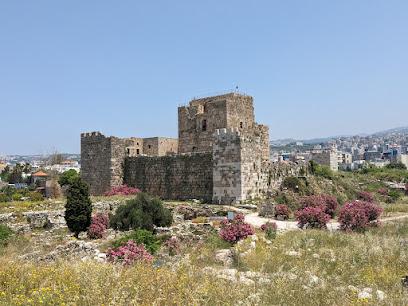
Mohammad Al Amin Mosque
Experience the breathtaking beauty of the Mohammad Al Amin Mosque, a modern architectural gem in the heart of Beirut, Lebanon, and a must-visit for every traveler.
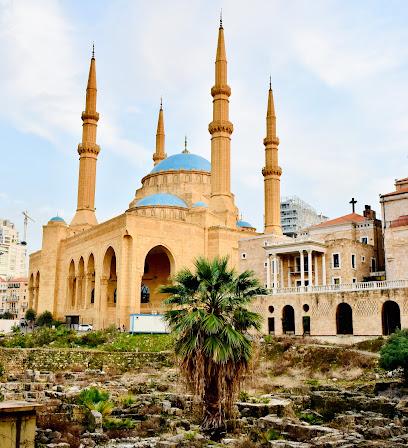
National Museum of Beirut
Explore 6000 years of Lebanese history at Beirut's National Museum, home to a vast collection of archaeological treasures.
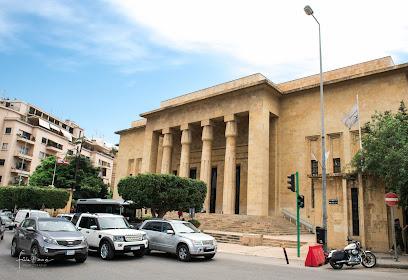
The Old Souq
Explore Byblos Old Souq: A historic Lebanese marketplace with crafts, cuisine, and culture in one of the world's oldest cities.
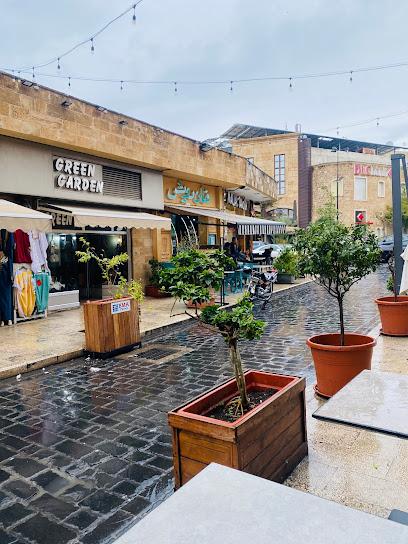
Casino du Liban
Experience the glamour of the Middle East's premier casino, offering gaming, entertainment, and fine dining with stunning Mediterranean views.
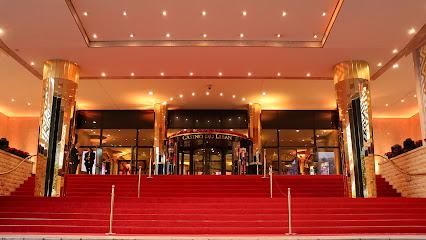
Moussa Castle
Discover Moussa Castle: A testament to one man's dream, showcasing Lebanese heritage and history in the heart of the Chouf Mountains.
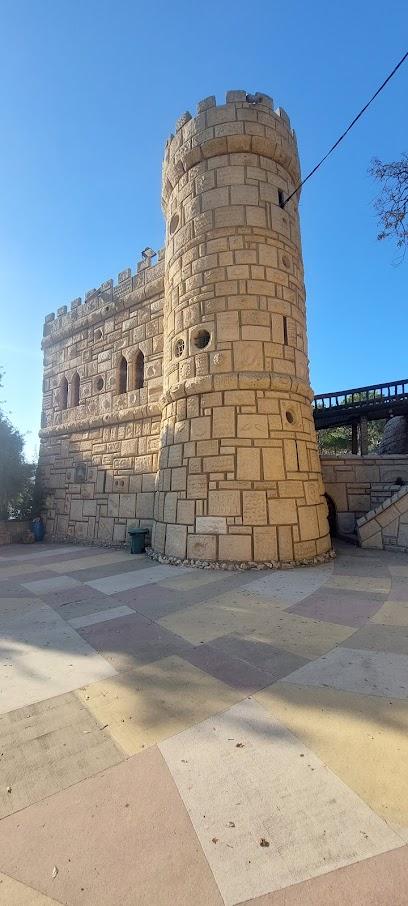
Corniche El Manara, Ain El Mraiseh
Experience Beirut's vibrant seaside promenade: stunning views, fresh air, and a taste of Lebanese life along the Corniche El Manara.
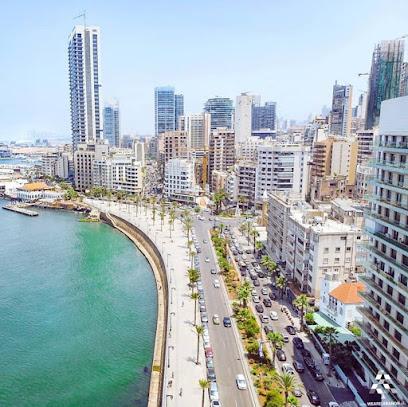
Nicolas Sursock Museum
Explore modern & contemporary art in a historic Beirut villa. Discover Lebanese & international artists at the iconic Nicolas Sursock Museum.
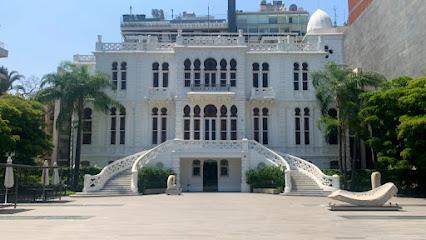
Monastery Saint Maroun
Discover serenity and spiritual enrichment at Monastery Saint Maroun in Aannaya, a beacon of Maronite heritage and faith in Lebanon.
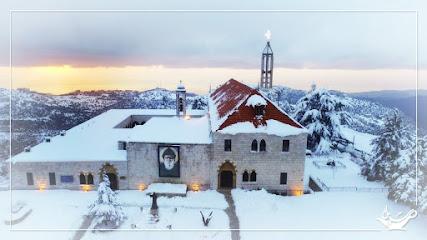
Essential places to dine
Manuella
Experience exquisite seafood and authentic Lebanese cuisine at Manuella in Jounieh, where every meal is a celebration of flavor and coastal beauty.
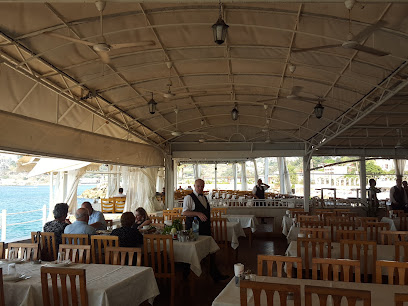
Amar Harissa - قمر
Experience authentic Lebanese cuisine with breathtaking views at Amar Harissa - a culinary destination in Lebanon's beautiful landscape.
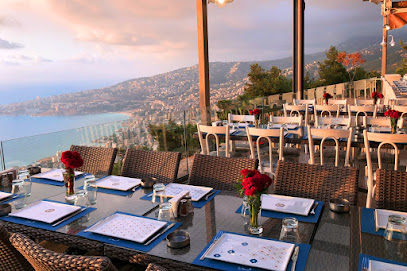
La Crêperie
Experience authentic French crêpes with stunning views at La Crêperie in Sarba, where culinary excellence meets Mediterranean charm.
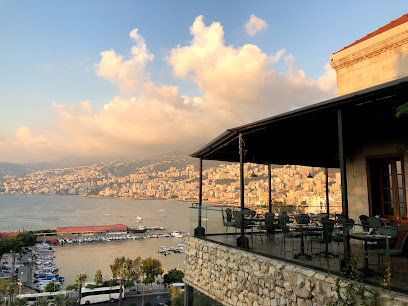
Al Sultan Brahim
Discover Al Sultan Brahim: A premier seafood restaurant in Jounieh Bay offering authentic Lebanese flavors amidst breathtaking coastal views.
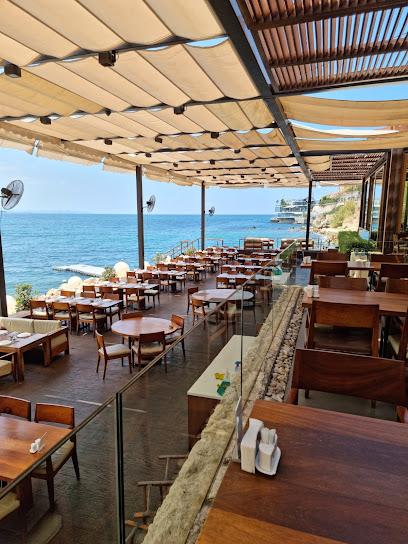
Makhlouf
Discover authentic Lebanese flavors at Makhlouf in Haret Sakher – where culinary tradition meets modern dining.
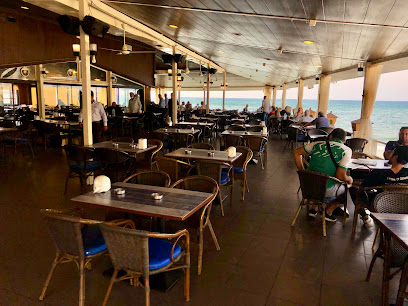
Margherita Mare
Experience authentic Italian cuisine at Margherita Mare in Jounieh with stunning sea views and a warm atmosphere perfect for every occasion.
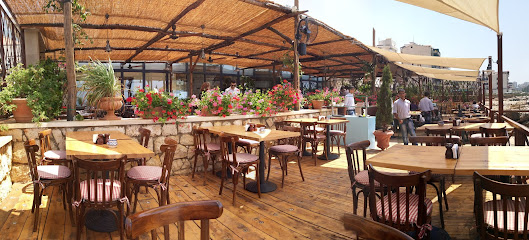
Bamboo Asian Cuisine
Experience authentic Asian flavors at Bamboo Asian Cuisine in Jounieh Souks – where every dish tells a story.
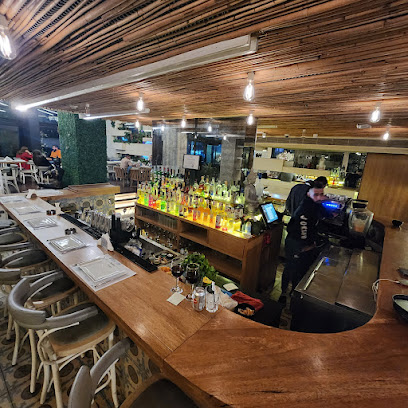
Chez Zakhia
Savor the essence of Lebanon at Chez Zakhia: where authentic flavors meet coastal charm in Jounieh's historic Old Souk.
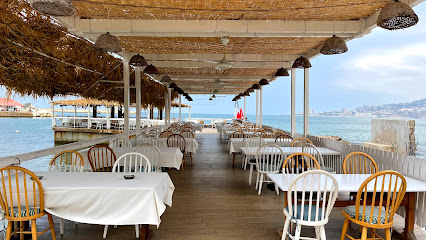
Falafel Abou André
Discover the authentic taste of Lebanon at Falafel Abou André – renowned for its delicious falafel and welcoming ambiance.
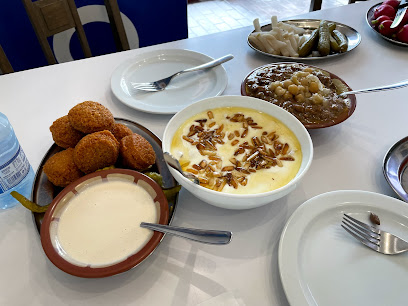
SHTRUMPF SALAD BAR AND GRILL
Experience fresh flavors at SHTRUMPF SALAD BAR AND GRILL in Jounieh – where quality ingredients meet culinary creativity.
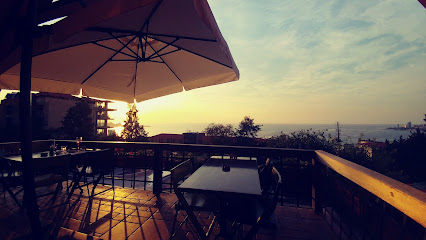
Makhlouf Sur Mer
Experience authentic Lebanese cuisine with breathtaking sea views at Makhlouf Sur Mer in Juniyah.
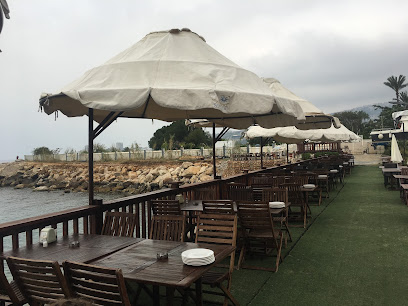
Juicy Grill
Discover Juicy Grill in Jounieh - A must-visit fast-food haven offering delectable burgers and sides in a vibrant atmosphere.
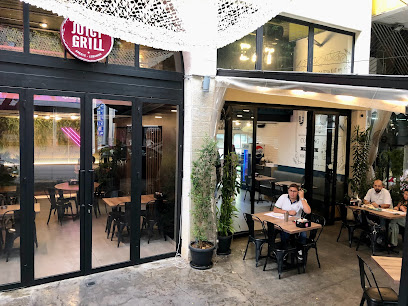
H village
Experience delightful Lebanese cuisine at H Village in Jounieh, where tradition meets modernity against stunning Mediterranean views.
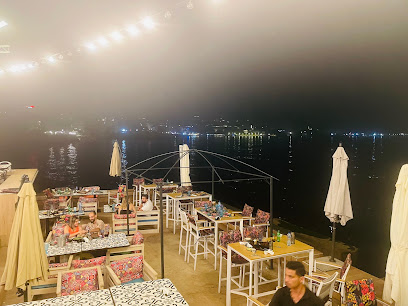
Al Phenic
Experience authentic Lebanese cuisine at Al Phenic, where every dish tells a story against the breathtaking backdrop of the Mediterranean.
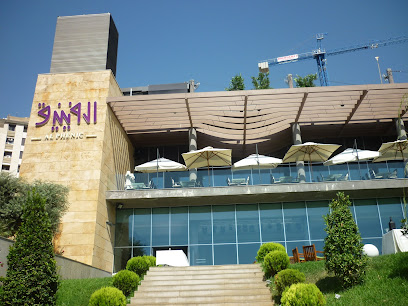
Salsoteca Restaurant & Cocktail Bar
Experience authentic Tex-Mex cuisine at Salsoteca Restaurant & Cocktail Bar in Sarba—where every dish is a celebration of flavor.
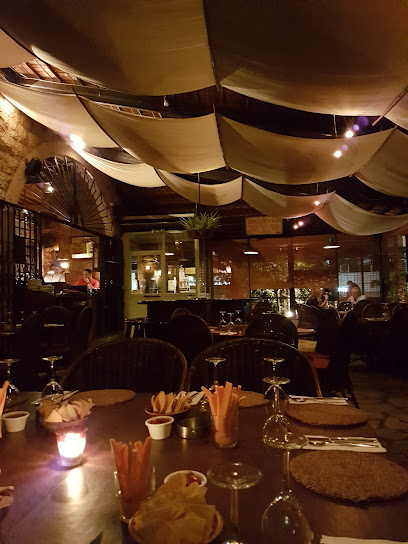
Markets, malls and hidden boutiques
Nakhle.Ets Kaslik
Discover stylish women's fashion at Nakhle.Ets Kaslik in Sarba, where trendy outfits meet exceptional quality and service.
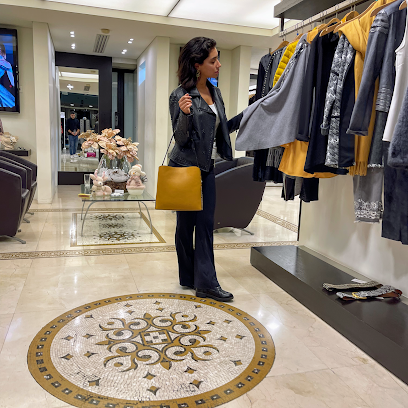
JOSONS
Explore the best sporting goods and outdoor gear at JOSONS in Jounieh, Lebanon, your one-stop shop for adventure essentials.
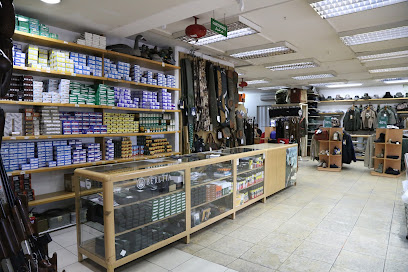
Vertico
Discover the latest in women's fashion at Vertico, a stylish boutique in Jounieh, blending local culture with contemporary trends.
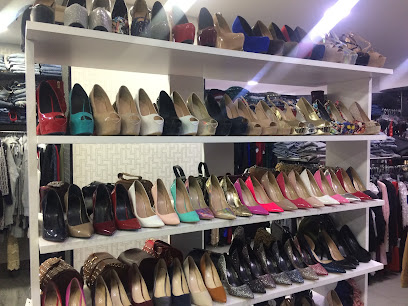
Chalene Gallery
Explore Chalene Gallery for exquisite outdoor furniture and decor in the heart of Beirut, blending style and functionality for your living space.
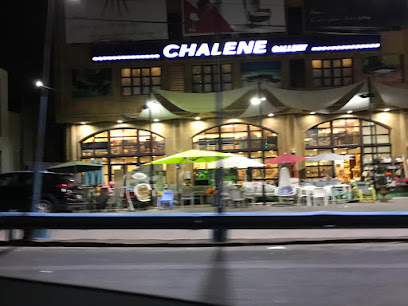
Brands & Beyond Jounieh
Experience the ultimate shopping adventure at Brands & Beyond Jounieh, where top brands meet stunning coastal views in Lebanon.
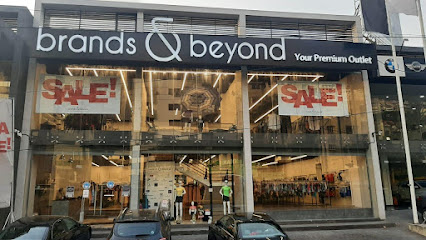
Crazy Nuts Jounieh
Visit Crazy Nuts Jounieh for an unforgettable selection of fresh nuts and dried fruits along the stunning coastal highway of Lebanon.
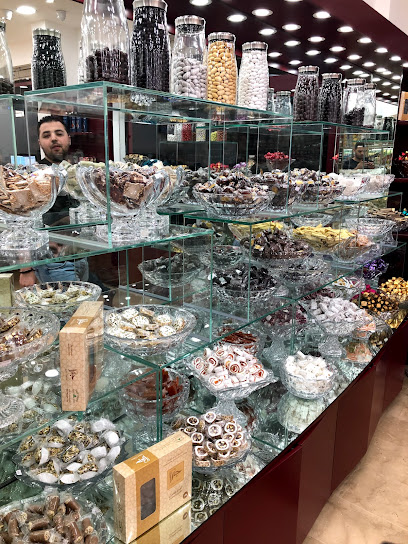
Akiki's Cigars
Experience the finest cigars and tobacco products at Akiki's Cigars, the ultimate destination for cigar lovers in Jounieh, Lebanon.
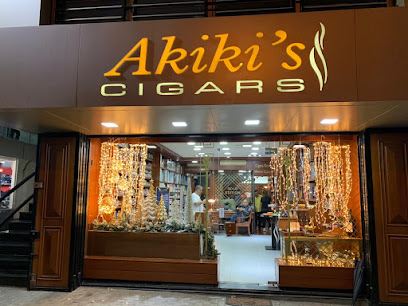
Istikbal Jounieh
Discover exquisite contemporary furniture at Istikbal Jounieh, the perfect destination for stylish home decor in Lebanon's beautiful coastal city.
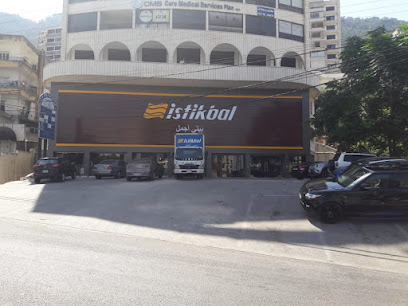
Femmes Sympas
Discover unique styles at Femmes Sympas in Jounieh, a charming clothing store showcasing the latest fashion trends and local designs.
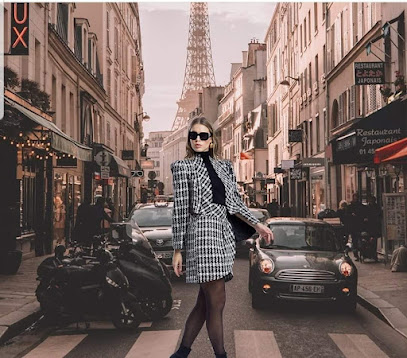
Guangzhou Stores
Discover unique home goods and local treasures at Guangzhou Stores, the perfect shopping destination in Jounieh, Lebanon.
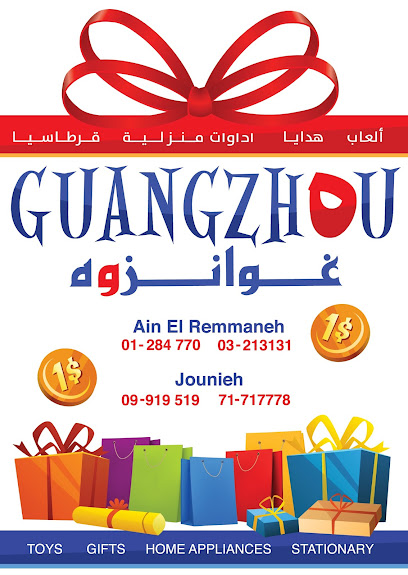
Music Zone
Explore the heartbeat of Jounieh's music scene at Music Zone, where every note tells a story and every instrument has a history.
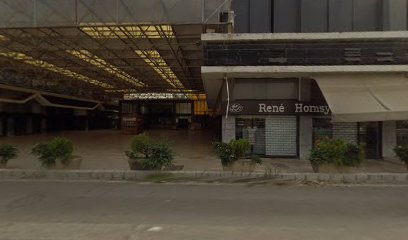
Amiflora - Souaid Pour Le Commerce Et L'agriculture
Explore Amiflora in Jounieh for a distinctive selection of home goods that reflect the beauty and culture of Lebanon.
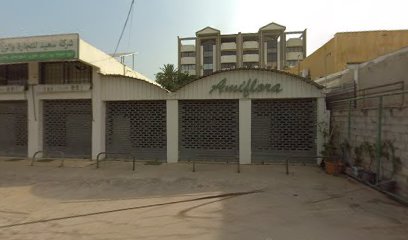
MELKI
Explore MELKI in Jounieh for authentic Lebanese home goods that blend tradition and modern elegance for your living space.
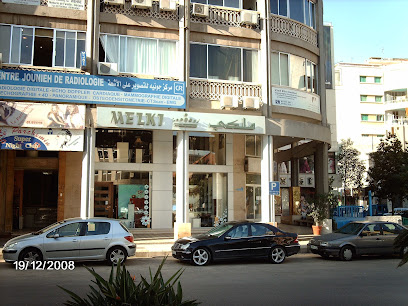
Crazy Phone
Explore Jounieh with Crazy Phone, your trusted source for cell phones and accessories while traveling in Lebanon.
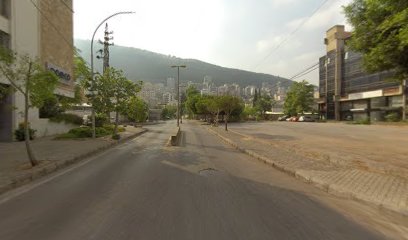
GALZ
Explore GALZ in Jounieh for stylish and high-quality footwear that enhances your travel experience in Lebanon's coastal gem.
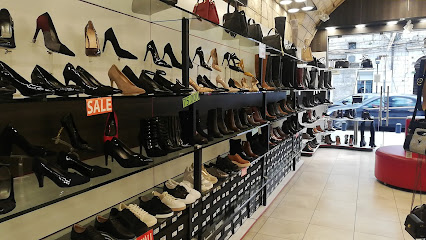
Essential bars & hidden hideouts
Hooligans Bar and Grill
Discover the lively charm of Hooligans Bar and Grill in Jounieh, where delicious food, refreshing drinks, and stunning views await.
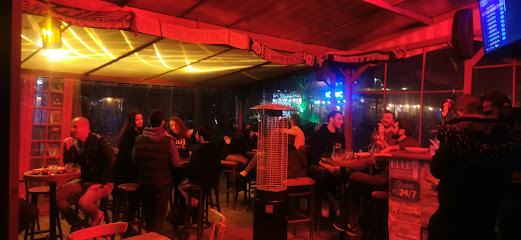
Tonic pub
Discover Tonic Pub in Jounieh for a vibrant nightlife experience with great drinks and live entertainment in a welcoming atmosphere.
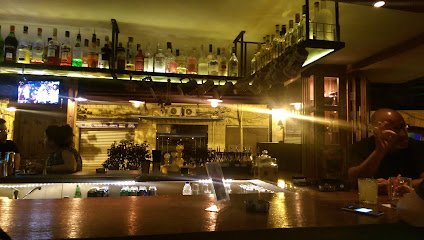
Olen bar
Discover the vibrant atmosphere and breathtaking views at Olen Bar in Jounieh, where sunsets and socializing blend seamlessly.
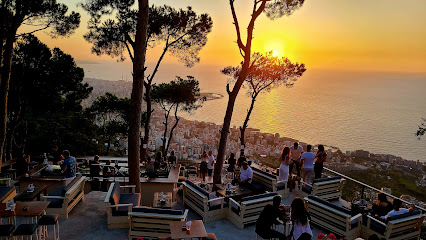
Junya Cafe Bar
Experience the vibrant energy and unique flavors of Junya Cafe Bar in Jounieh, where every visit is a delightful culinary journey.
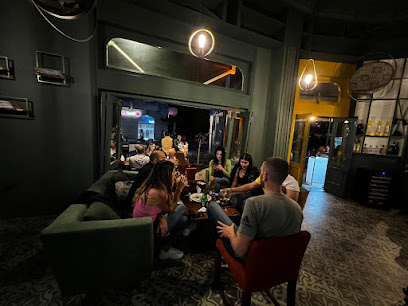
Fertil pub
Experience the vibrant nightlife at Fertil Pub, where delicious drinks, great food, and stunning seaside views await you.
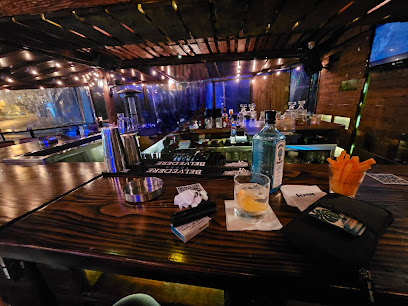
Los Dos Bar
Discover the vibrant nightlife at Los Dos Bar, a premier cocktail bar in Jounieh, offering exquisite drinks and stunning Mediterranean views.
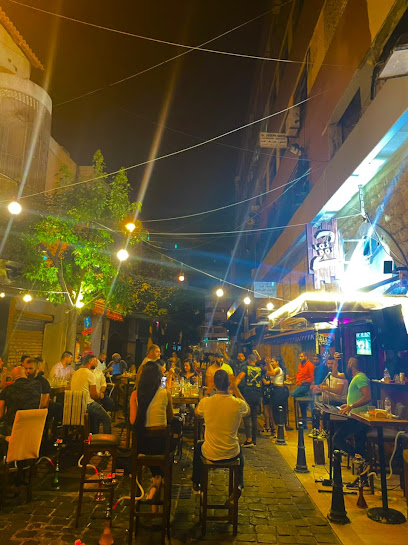
Rumours Bar
Discover the lively nightlife at Rumours Bar in Jounieh, where great drinks and vibrant music create unforgettable experiences in Lebanon.
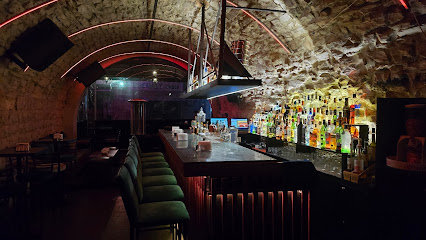
ESCO-BAR Jounieh Indoor
Discover the vibrant nightlife of Jounieh at ESCO-BAR Jounieh Indoor, where great drinks and live entertainment create unforgettable experiences.
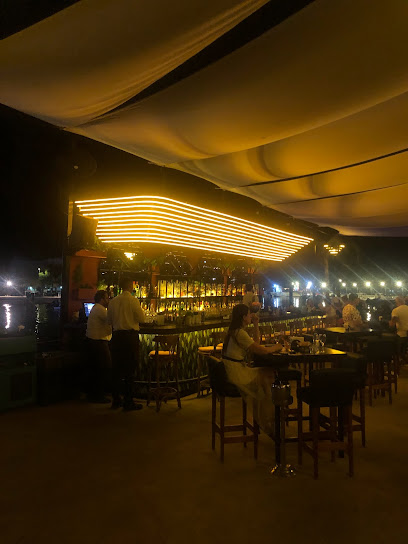
Don Jose Lounge Bar
Discover the vibrant nightlife and exquisite drinks at Don Jose Lounge Bar, located in the luxurious Al Murjan Palace Hotel in Jounieh.
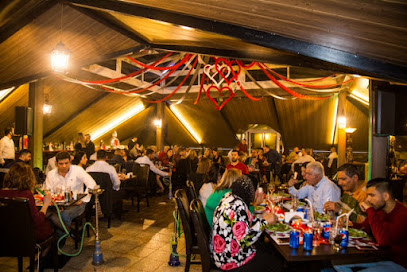
Andarina
Discover Andarina, a vibrant bar in Jounieh, Lebanon, perfect for enjoying great drinks and stunning Mediterranean views in a lively atmosphere.
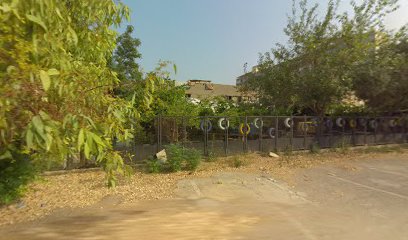
Canarias Beach Bar
Discover the vibrant atmosphere of Canarias Beach Bar in Jounieh, where stunning sea views meet delightful drinks and unforgettable memories.
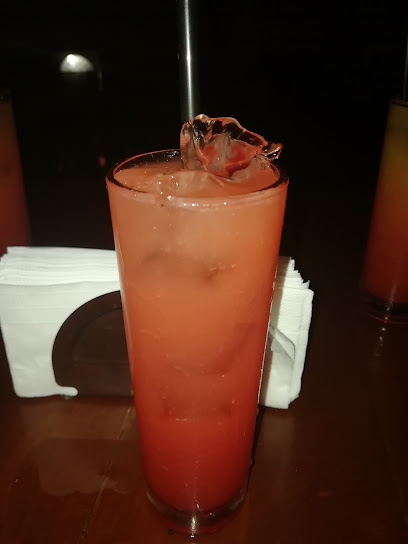
The momento bar
Discover the vibrant nightlife at The Momento Bar in Jounieh, where exceptional cocktails meet stunning views in a lively setting.
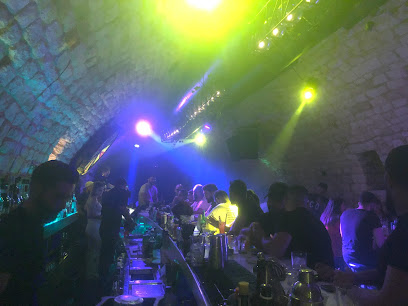
The brothers lb
Experience the vibrant nightlife of Jounieh at The Brothers LB, where exquisite drinks and a lively atmosphere await you.
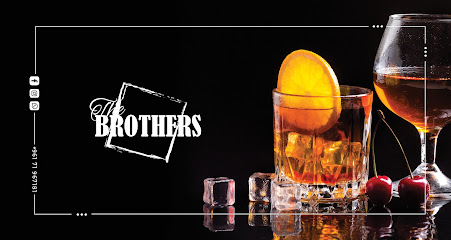
Krov Bar
Experience the vibrant nightlife at Krov Bar in Jounieh; a lively pub with great drinks, local hospitality, and unforgettable entertainment.
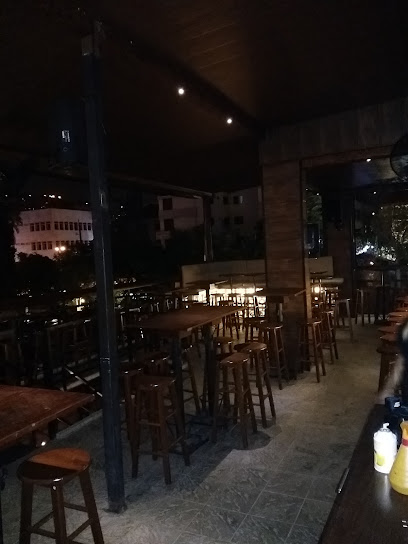
Travel experiences inspired by this city
Explore more travel diariesLocal Phrases
-
- Helloمرحبا
[marhaba] - Goodbyeمع السلامة
[ma'a assalama] - Yesنعم
[naam] - Noلا
[laa] - Please/You're welcomeمن فضلك
[min fadlik] - Thank youشكرا
[shukran] - Excuse me/Sorryعذرا
[aathir] - How are you?كيف حالك؟
[kayf halak?] - Fine. And you?بخير. وأنت؟
[bukhayr. wa'ant?] - Do you speak English?هل تتحدث الإنجليزية؟
[hal tatahadath al'injlizia?] - I don't understandأنا لا أفهم
[ana la afham]
- Helloمرحبا
-
- I'd like to see the menu, pleaseأريد أن أرى القائمة، من فضلك
[uridu an ara alqaimah, min fadlik] - I don't eat meatأنا لا آكل اللحم
[ana la aakul allahm] - Cheers!في صحتك!
[fi sahtik] - I would like to pay, pleaseأود أن أدفع، من فضلك
[awadu an adfa', min fadlik]
- I'd like to see the menu, pleaseأريد أن أرى القائمة، من فضلك
-
- Help!النجدة!
[alnajdah!] - Go away!انصرف!
[insarif!] - Call the Police!اتصل بالشرطة!
[itassal bialshurta!] - Call a doctor!اتصل بالطبيب!
[itassal bialtabib!] - I'm lostلقد ضللت
[laqad dalalt] - I'm illأنا مريض
[ana mareed]
- Help!النجدة!
-
- I'd like to buy...أريد شراء...
[uridu shira'...] - I'm just lookingأنا فقط أتطلع
[ana faqat atatala] - How much is it?بكم هذا؟
[bi kam hadha?] - That's too expensiveهذا غالي جدا
[hadha ghali jiddan] - Can you lower the price?هل يمكنك خفض السعر؟
[hal yumkinuka khafd alsaeir?]
- I'd like to buy...أريد شراء...
-
- What time is it?كم الساعة؟
[kam alsaeah?] - It's one o'clockالساعة الواحدة
[alsaeah alwahidah] - Half past (10)الساعة العاشرة والنصف
[alsaeah alashirah walnisf] - Morningالصباح
[alssabah] - Afternoonالظهر
[aldduhr] - Eveningالمساء
[almasa'] - Yesterdayأمس
[ams] - Todayاليوم
[alyawm] - Tomorrowغدا
[ghadan] - 1واحد
[wahid] - 2اثنان
[ithnan] - 3ثلاثة
[thalathah] - 4أربعة
[arba'ah] - 5خمسة
[khamsah] - 6ستة
[sittah] - 7سبعة
[sab'ah] - 8ثمانية
[thamania] - 9تسعة
[tis'ah] - 10عشرة
[asharah]
- What time is it?كم الساعة؟
-
- Where's a/the...?أين ...؟
[ayna ...?] - What's the address?ما هو العنوان؟
[ma huwa al'anaan?] - Can you show me (on the map)?هل يمكنك أن تريني (على الخريطة)؟
[hal yumkinuka an tureeni (ala alkhareetah)?] - When's the next (bus)?متى الحافلة التالية؟
[mata alhafilah altaalia?] - A ticket (to ....)تذكرة (إلى ...)
[tazkirah (ila ...)]
- Where's a/the...?أين ...؟
History of Jounieh
-
Jounieh, nestled on the Mediterranean coast, has a history that traces back to the ancient Phoenician civilization. This strategic location served as a vital maritime hub, facilitating trade and cultural exchange across the Mediterranean basin. The Phoenicians, renowned for their seafaring skills and commerce, left behind remnants of their legacy, including artifacts and ruins that can still be explored today.
-
During the Roman era, Jounieh was part of the province of Syria and later Phoenice. The Romans, known for their architectural and engineering prowess, built roads, aqueducts, and other infrastructure that integrated Jounieh into the broader Roman Empire. Some archaeological finds from this period, including columns and mosaics, reflect the region's integration into Roman culture and economy.
-
In the Byzantine period, Jounieh became a significant center for Christianity. The spread of Christianity in the region is evidenced by the construction of churches and monasteries. Notable among these is the Church of St. John the Baptist, which stands as a testament to the area's early Christian heritage. This period also saw the development of religious art and architecture that continued to influence the region's cultural landscape.
-
The Ottoman Empire ruled Jounieh from the early 16th century until the end of World War I. During this time, Jounieh experienced significant administrative and cultural shifts. The Ottomans introduced new administrative structures and facilitated the growth of the town as a fishing village and trading port. The period is marked by a blend of Ottoman architectural styles and traditional Lebanese elements in the local buildings.
-
Following the collapse of the Ottoman Empire, Jounieh fell under the French Mandate from 1920 to 1943. This period saw substantial modernization and development, with the construction of new roads, schools, and public buildings. The French influence is still visible in the architectural styles and urban planning of the town. After gaining independence in 1943, Jounieh continued to grow, transforming into a vibrant city known for its nightlife, tourism, and cultural festivals.
-
Lebanon's civil war from 1975 to 1990 had a profound impact on Jounieh. The city, located in the predominantly Christian region of Keserwan, became a refuge for many displaced people and a center of political activity. Despite the turmoil, Jounieh maintained its cultural and social vibrancy, with local leaders working to preserve the city's heritage and community spirit during these challenging years.
-
In the years following the civil war, Jounieh underwent significant reconstruction and development. The city invested in infrastructure, tourism, and hospitality, leading to a boom in its popularity as a travel destination. Landmarks like the Our Lady of Lebanon statue in Harissa, the Casino du Liban, and the cable car to Harissa have become iconic attractions. Jounieh's blend of historical charm and modern amenities continues to attract visitors from around the world.
Jounieh Essentials
-
Jounieh is located about 16 kilometers north of Beirut, the capital of Lebanon. The nearest international airport is Beirut-Rafic Hariri International Airport. From the airport, you can take a taxi or a private transfer to Jounieh, which typically takes around 30-45 minutes depending on traffic. Alternatively, you can rent a car at the airport for greater flexibility during your stay.
-
Within Jounieh, taxis are a popular and convenient mode of transport. Ensure to agree on a fare before starting your journey as taxis are often not metered. Public buses and minibuses (known locally as 'service') also operate in Jounieh, connecting it to Beirut and other nearby cities. Car rental services are available for those who prefer to explore at their own pace, but be mindful of local driving habits and traffic conditions.
-
The official currency in Lebanon is the Lebanese Pound (LBP), but US Dollars are widely accepted. Major credit cards are accepted in most hotels, restaurants, and shops in Jounieh. ATMs are readily available for cash withdrawals, and it is recommended to carry some cash, especially when visiting smaller establishments or local markets.
-
Jounieh is generally safe for tourists, but it is important to remain vigilant. Avoid flashing valuables and be cautious in crowded places to prevent pickpocketing. While Jounieh itself does not have specific high-crime areas targeting tourists, it is always wise to stay alert, especially at night. Stick to well-lit and populated areas.
-
In case of emergencies, dial 112 for immediate assistance. Jounieh has local police stations and medical facilities. Ensure you have travel insurance that covers medical emergencies. Pharmacies are widely available for minor health issues, and many pharmacists speak English or French.
-
Fashion: Do dress modestly, especially when visiting religious sites. Avoid overly revealing clothing. Religion: Do respect local customs and traditions. When entering churches, dress conservatively and avoid photography unless permitted. Public Transport: Do be polite and considerate to fellow passengers. Don't eat or drink on public transport. Greetings: Do greet people with a handshake. It is common to use 'Bonjour' for hello and 'Merci' for thank you. Eating & Drinking: Do try local specialties and accept food offerings graciously. Don't refuse hospitality, as it is considered impolite.
-
To experience Jounieh like a local, visit the old souks (markets) where you can find traditional Lebanese goods and fresh produce. Try the local street food, such as manakish and shawarma. Spend an evening at a local café enjoying a cup of Lebanese coffee or tea. For a unique experience, take the Teleferique cable car to Harissa for breathtaking views of the bay and the iconic Our Lady of Lebanon statue.
Trending Landmark in Jounieh
Nearby Cities to Jounieh
-
Things To Do in Broummana
-
Things To Do in Byblos
-
Things To Do in Beirut
-
Things To Do in Aley
-
Things To Do in Zahle
-
Things To Do in Batroun
-
Things To Do in Deir el Qamar
-
Things To Do in Anjar
-
Things To Do in Bcharre
-
Things To Do in Baalbek
-
Things To Do in Sidon
-
Things To Do in Rashaya
-
Things To Do in Marjayoun
-
Things To Do in Tyre
-
Things To Do in Rosh HaNikra













